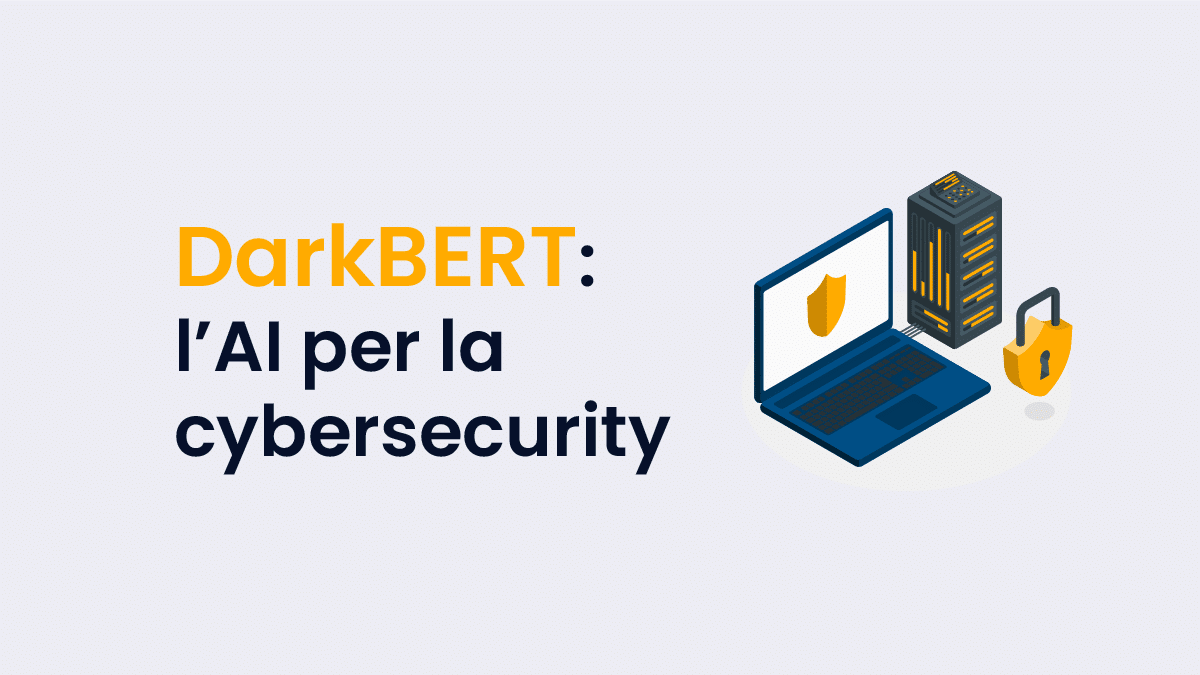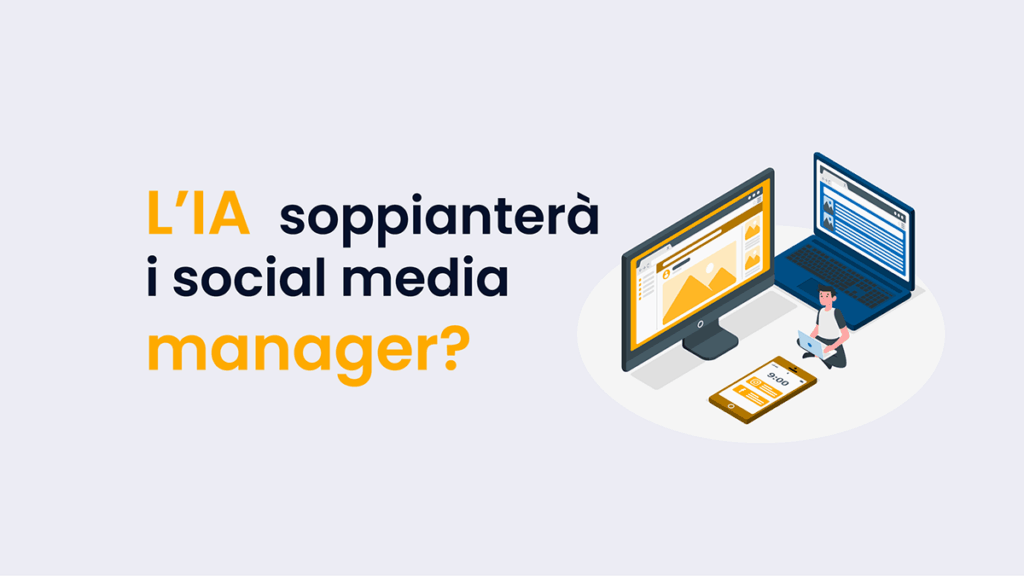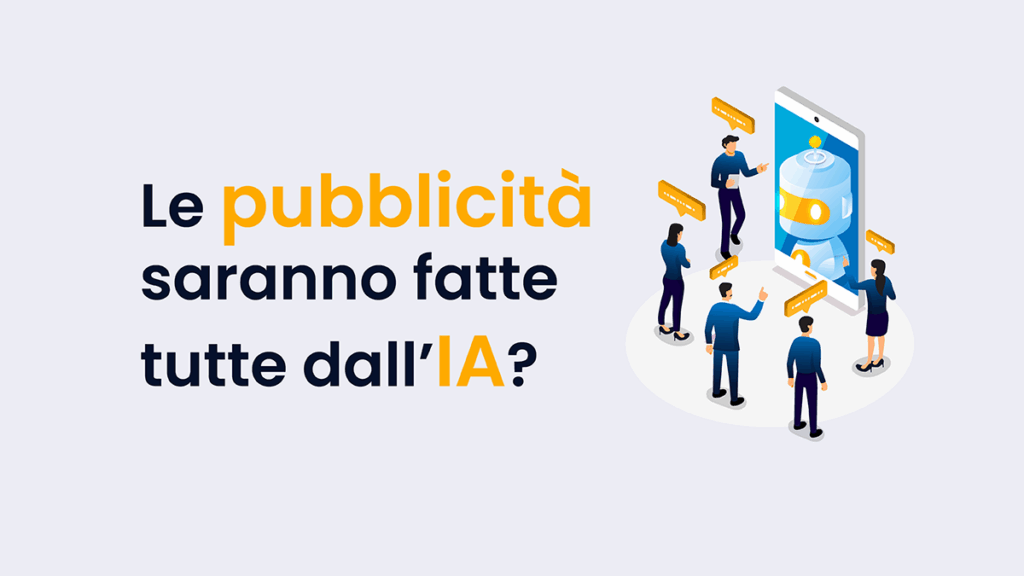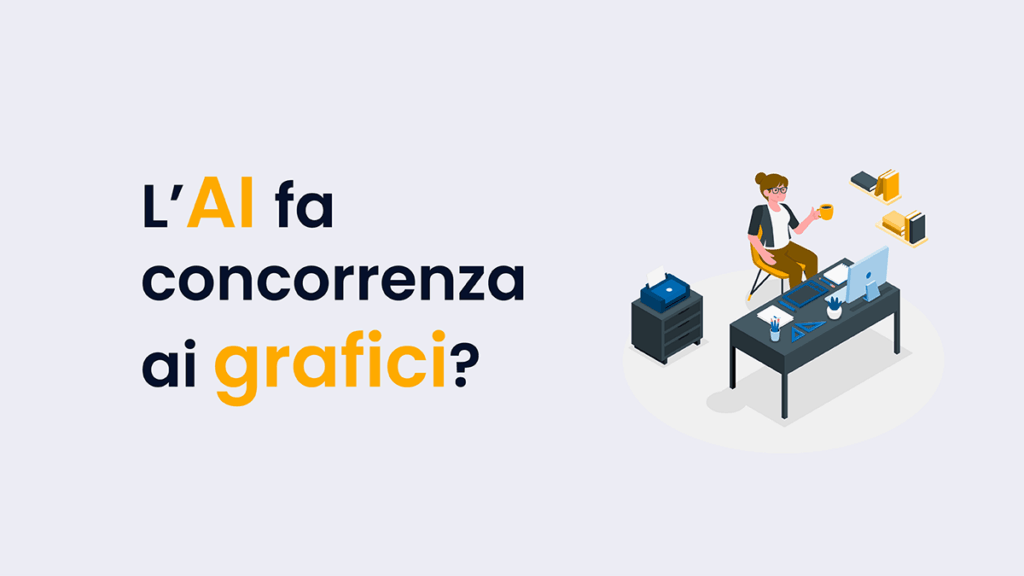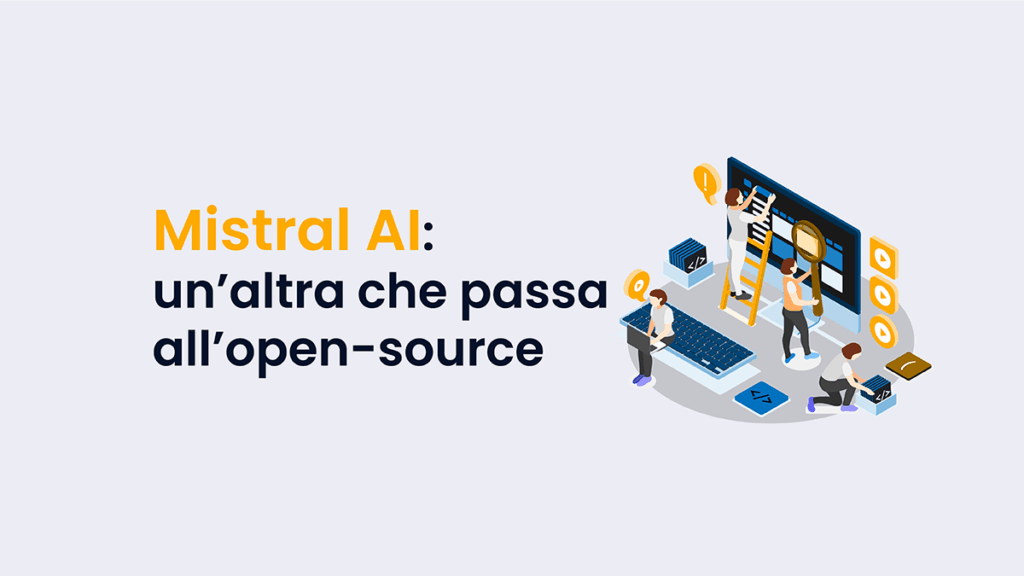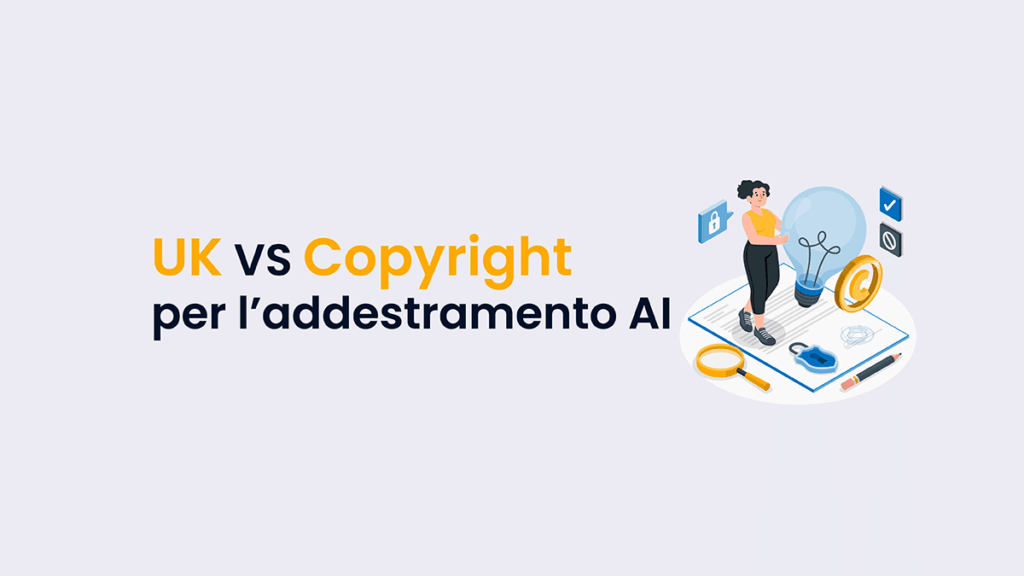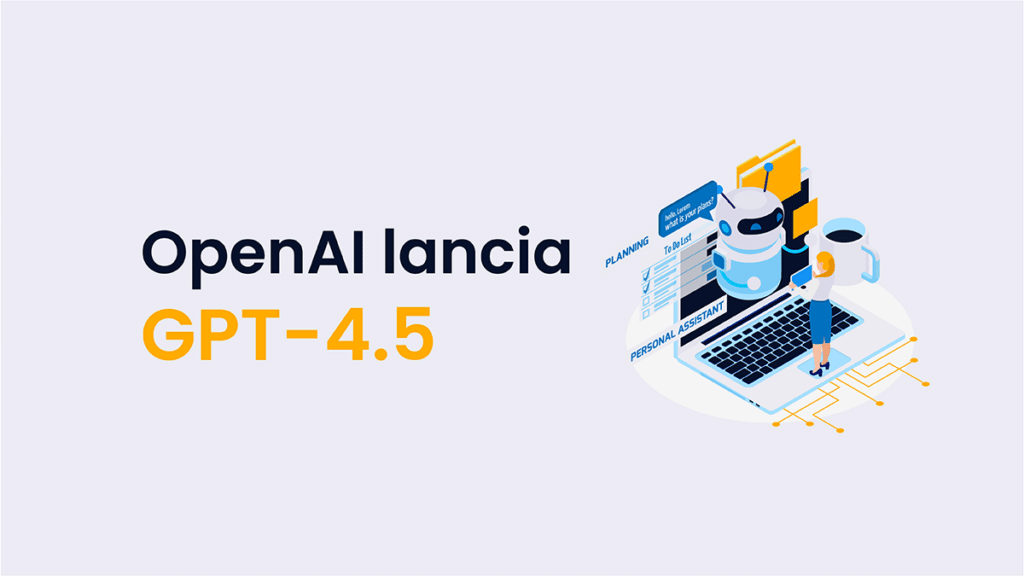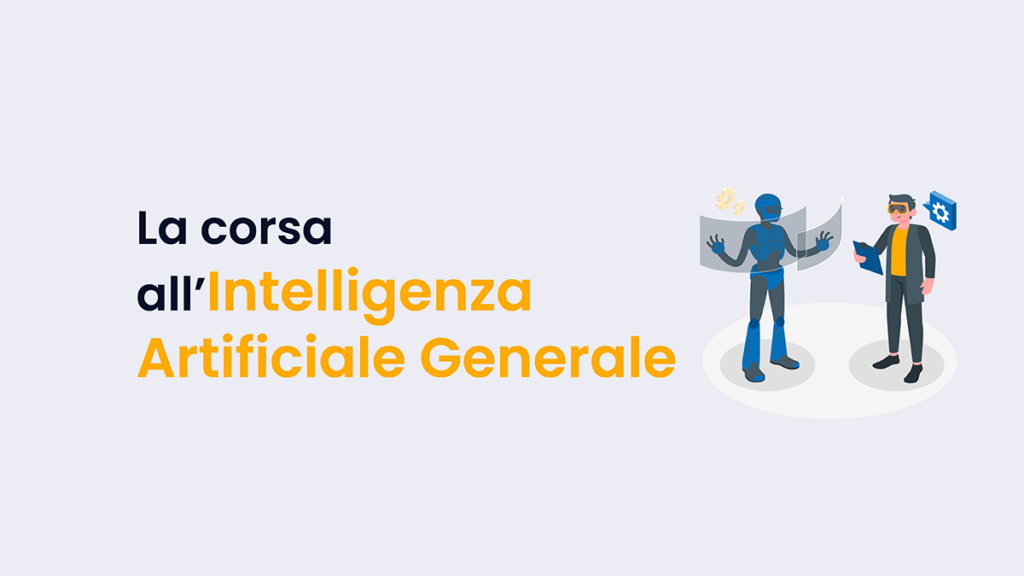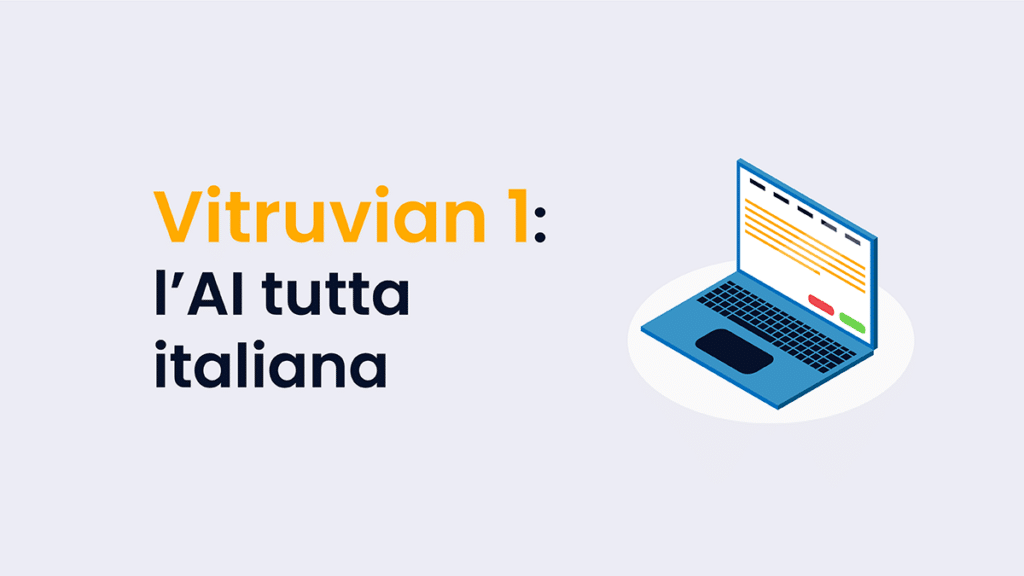La sicurezza informatica oggi è un settore importantissimo perché i dati personali sono diventati il fulcro dell’economia globale. Vediamo una rapidissima ascesa di svariati modelli di intelligenza artificiale capaci di organizzare e analizzare enormi moli di dati. Abbiamo sempre più presenze sui social media e un utilizzo maggiore di cloud: piattaforme e servizi forniti da multinazionali che centralizzano big data in quantità, modalità e maniere senza precedenti.
Dati vulnerabili non solo a utilizzi ambigui e impropri per profilazioni non autorizzate e addestramento di modelli. Ma anche preda di hacker che possono utilizzarli per truffe o per utilizzi illegali nel dark web: parti nascoste, sconosciute e inaccessibili ai più nei quali crescono mercati neri e dai quali possono anche nascere minacce per la sicurezza informatica globale.
Quindi la sicurezza informatica è chiamata a stare al passo. Infatti è l’unico settore che può seriamente fare da contraltare al progresso digitale, così da equilibrare le sue conseguenze più pericolose e incontrollabili.
Capiamoci bene: ovviamente il progresso non è solo negativo.
Restano comunque concrete conseguenze preoccupanti che non solo possono minacciare la sicurezza dei dati e la privacy delle persone… ma che possono determinare tantissimi aspetti dell’intero tessuto socio-economico, andando a influire sull’essere umano, sulla sua percezione e quindi sulla cultura e la civiltà.
Indice dei contenuti
DarkBERT e alternative avanzate per la sicurezza informatica
Vediamo adesso, al di là della teoria, quali sono gli attori che stanno raffinando soluzioni di sicurezza informatica.
DarkBERT nasce da un gruppo di ricercatori sudcoreani del KAIST in collaborazione con l’azienda S2W. Questo progetto si propone di affrontare il crescente aumento delle attività illecite che hanno luogo nel dark web. Si tratta di un’intelligenza artificiale che esplora le parti più oscure della rete analizzando in modo proattivo i dati e individuando potenziali vulnerabilità e minacce nascoste, per prevenirle e dare modo di contrastarle. La sua azione include la rilevazione di malware, ransomware e discussioni illegali.
Parliamo di un mezzo unico e potente che ha appena iniziato a diffondersi e che non è ancora accessibile al pubblico. Per ora è riservato a fini accademici e di ricerca e si può approfondire in questo paper ufficiale.
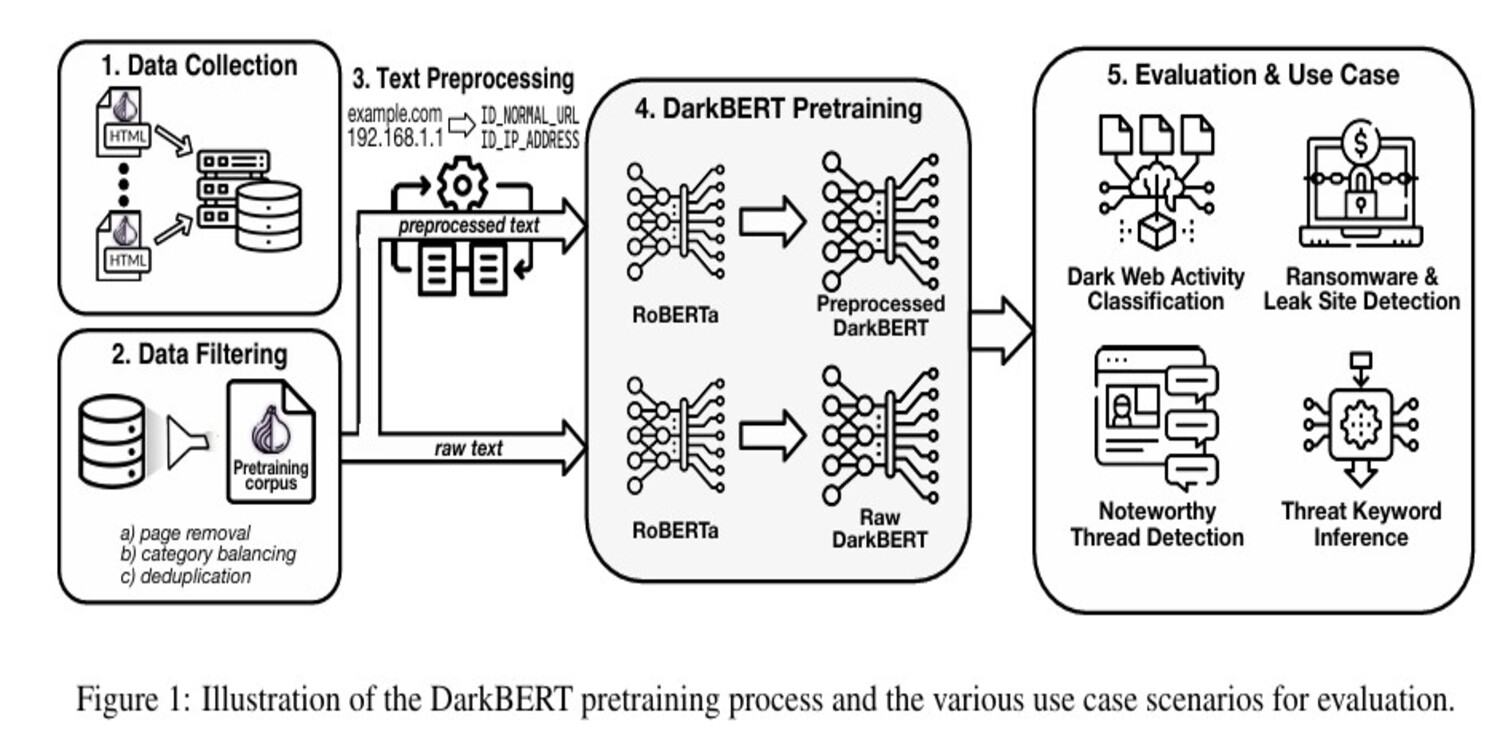
Tuttavia è noto che S2W, azienda che collabora col KAIST a DarkBERT, propone soluzioni basate su AI per la sicurezza informatica nazionale e pubblica. DarkBERT. Informazione questa che ci offre uno sguardo su un possibile futuro di DarkBERT e su altri attori diversamente specifici.
Watson di IBM: piattaforma modulare avanzata
Watson è di IBM: una delle aziende più importanti del mondo che sta lavorando con l’AI. Parliamo di una piattaforma avanzata modulare e ampiamente usata che sfrutta l’intelligenza artificiale per raccogliere e analizzare dati provenienti da diverse fonti in tempo reale. Quindi riesce a identificare anche minacce nascoste e fornire raccomandazioni per rispondere agli attacchi. Utilizzando il machine learning, diventa sempre più efficace nell’individuare nuove vulnerabilità, migliorando le sue difese nel tempo.
Darktrace: sistema immunitario per la sicurezza informatica delle infrastrutture aziendali
Darktrace ha un approccio unico basato su un “sistema immunitario digitale”. Questa tecnologia osserva il comportamento normale di una rete e individua immediatamente le anomalie che potrebbero indicare un attacco. Grazie a questo sistema ha la capacità di rilevare minacce avanzate, come attacchi zero-day e minacce interne, rispondendo in tempo reale e adattandosi continuamente per proteggere infrastrutture aziendali.
Vectra AI per l’analisi comportamentale
Vectra AI si distingue per il suo focus sull’analisi comportamentale per rilevare minacce sofisticate, come attacchi basati su tecniche di evasione o movimenti laterali all’interno di una rete. La piattaforma offre una visione proattiva della sicurezza informatica, riducendo i tempi di risposta e migliorando la capacità di prevenire attacchi futuri.
Cylance di BlackBerry prevede le minacce per la sicurezza informatica
Cylance invece è il pioniere nell’uso di AI predittiva. A differenza delle soluzioni tradizionali che si basano su firme o database di minacce conosciute, questo servizio di BlackBerry utilizza modelli predittivi per bloccare malware e minacce sconosciute. La sua tecnologia, leggera e veloce, si adatta a vari ambienti IT, offrendo una protezione continua senza interrompere le operazioni aziendali.
Queste tecnologie bastano come contraltare alle minacce presenti ed emergenti?
Queste tecnologie rappresentano passi avanti significativi per la sicurezza informatica a più livelli. Tuttavia la risposta a questa domanda rimane complessa. Le minacce informatiche continuano a evolversi rapidamente, sfruttando nuove vulnerabilità e tecniche che non sono scritte in nessun manuale. Quindi è necessario che queste tecnologie vengano costantemente aggiornate e integrate con altre strategie di sicurezza.
In quest’ottica l’apporto e il supporto dell’intelligenza artificiale può garantire velocità di apprendimento e adattamento senza precedenti, con capacità proporzionate alle minacce.
Non ci resta che rimanere anche noi aggiornati per saperne di più… e voi cosa ne pensate?
